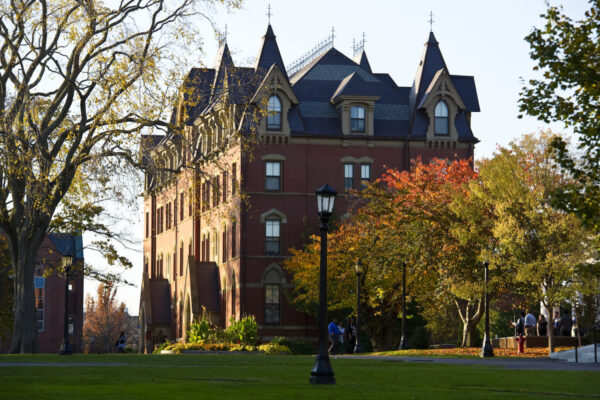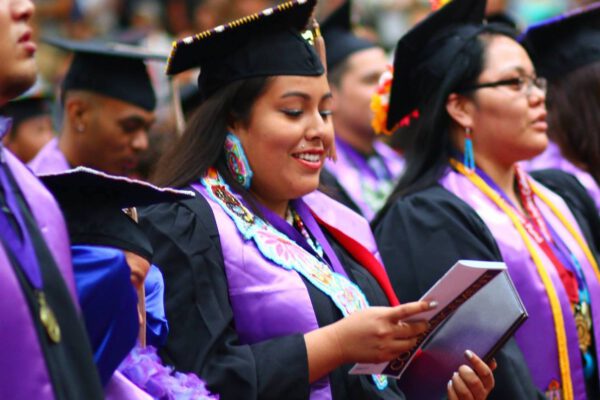The No Lost Generation Student Initiative was founded at George Washington University (DC) in 2015 in reaction to the plight of young Syrian refugees and the growing global refugee crisis. The initiative aims to ensure that a generation of displaced youth is not deprived of the universal right to education.
Since its founding, the initiative has expanded into a consortium of student organizations at 50 universities across the country with the help of a virtual internship program offered by the U.S. State Department. By the end of its second year, participating students had traveled to conferences at the UN World Headquarters and in Istanbul, as well as visited refugees in Syria, according to a GWU news release. The program continues to host events to raise funds for organizations that support refugees, promote information about the refugee crisis through social media and events, and create education resources for refugees such as Skype tutoring.

Most recently, the No Lost Generation group at GWU (NLG-GW) hosted a Winter Gala, ticket sales of which supported the Multifaith Alliance for Syrian Refugees. They also have teamed up with the Torture Abolition and Survivors Support Coalition (TASSC) to host an event this month at which students can learn about TASSC’s work and hear from survivors. NLG-GW receives funding and advising from GWU’s Elliott School of International Affairs.
The initiative hopes to serve as a model for future collaborations between the U.S. government and students at higher education institutions across the country.
—Carly O’Connell
At a Glance
Member Institution: George Washington University
Initiative: No Lost Generation Student Initiative
Goal: Support access to education for refugees by promoting awareness, raising funds, and creating education resources for refugees.
Become a member: As a member of ACE, you join nearly 1,700 organizations that collectively promote, protect and advocate for students, faculty and administrators in higher education. ACE is the most visible and influential higher education association in the nation, and we are at the center of federal policy debates concerning legislation that affects campuses across the country. See more on the ACE website.
If you have any questions or comments about this blog post, please contact us.


